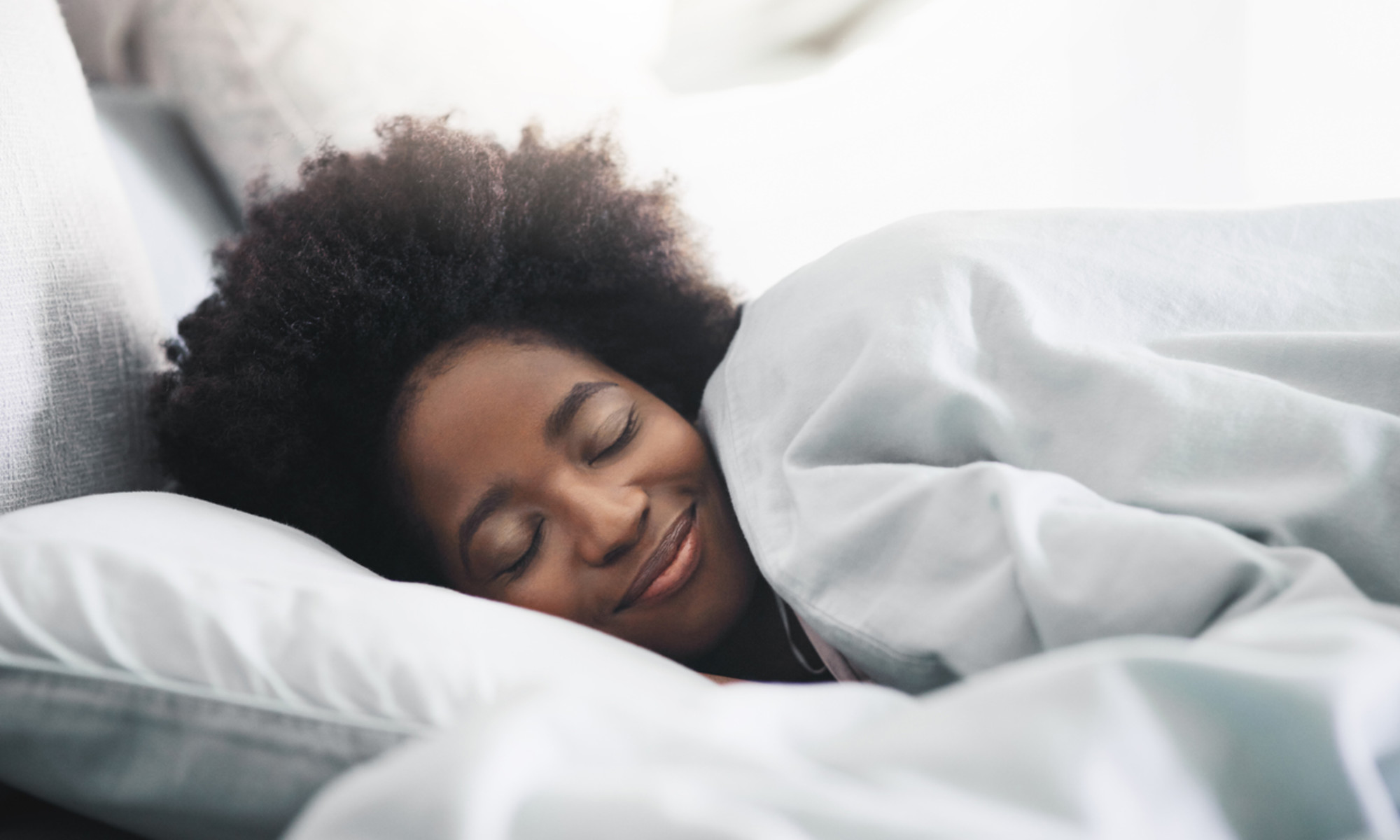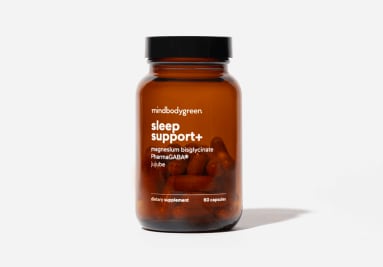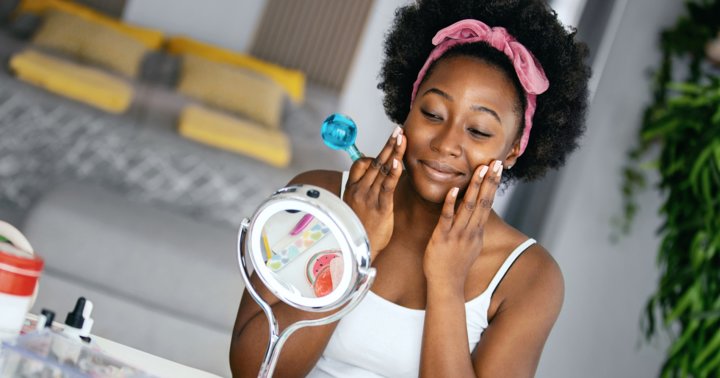I Thought Nothing Could Get Me To Fall Sleep—Until I Tried This*
For as long as I can remember, I've had trouble falling asleep.

Image by Adene Sanchez / iStock December 31, 2022 For as long as I can remember, I've had trouble falling asleep. I'd often lay awake for two or three hours just waiting for sleep to come. Come morning I'd be exhausted, slugging through each hour, counting down the minutes until I could get back into bed. But of course, once bedtime came around, I'd feel stressed about not being able to fall asleep, and the viscous cycle would continue. About five years ago, I decided that this cycle had gone on long enough and it was time to get some help from a sleep aid.
Advertisement
This ad is displayed using third party content and we do not control its accessibility features.
Why I started taking sleep support+.
At first, I started taking a sleep aid featuring melatonin and valerian nightly. The melatonin definitely helped me fall asleep at night, though it also left some lingering grogginess upon waking. Getting out of bed was a challenge, and I just felt like I wasn't fully "there" in the mornings.
About two years ago, I added another sleep supplement to my routine: mbg's sleep support+. I'd heard that it could help you not only fall asleep faster but also stay asleep longer and reach those deep, restorative stages of sleep. Reviewers noted that the supplement helped them wake up refreshed and ready to take on the day—a feeling that my existing routine rarely delivered.
I immediately noticed that the combination of magnesium bisglycinate, jujube, and PharmaGABA® in sleep support+ helped me really stay asleep through the night.* Not only was I falling asleep even quicker than usual, but I was also waking up much more easily in the mornings.*
I took the two sleep aids together for a few years until I started reading more about the potential risks of taking melatonin nightly. I started to doubt if I should consume a hormone (several milligrams of it) so regularly—especially one that didn't have a ton of credible research behind it. So, earlier this year, I gradually weaned myself off melatonin and have only been taking sleep support+ ever since.
I'm happy to report that the hormone-free supplement has still been super-effective at helping me sleep better—and I have way less stress surrounding bedtime.*
Advertisement
This ad is displayed using third party content and we do not control its accessibility features.
How I take it.
I find that taking sleep support+ at the same time every night has helped me stick to my ideal bedtime (around 11 p.m.). Once the clock hits 9:30, I'll take the recommended two capsules with a sip of water and then try to limit my liquid consumption for the rest of the evening. To give the supplement the best chance of working, I also try to eat dinner on the earlier side and avoid any late-night snacks that might mess with my sleep quality.
When sleep time approaches, I'll turn on my humidifier and air conditioner for a bit of white noise and slip into bed with a book until I feel myself becoming super sleepy. I no longer make it more than a few minutes before falling asleep.
Knowing this, I no longer worry about whether I'll be able to fall asleep. This new routine has restored my confidence in my body's ability to get to sleep, and bedtime feels a whole lot less stressful. Removing that nightly sense of anxiousness has been huge for not only my sleep but my overall quality of life.
The takeaway.
While melatonin helped me fall asleep faster, sleep support+ has been the supplement that's really improved my overall sleep quality after years of tossing and turning—without any lingering side effects.*
If you are pregnant, breastfeeding, or taking medications, consult with your doctor before starting a supplement routine. It is always optimal to consult with a health care provider when considering what supplements are right for you.

 KickT
KickT 

































